“Unprecedented numbers” of dead seabirds are being washed up on beaches in Tayside and Fife in a bird flu outbreak.
Environment experts at Lunan Bay in Angus say 20-30 birds are being discovered each kilometre of shoreline with every tide.
Gannets, gulls and guillemots have all been found at the beauty spot, between Arbroath and Montrose.
There have also been reports of birds being found on other Angus beaches and on the Fife coast including at Tentsmuir forest – thought to be linked to the same outbreak.
It comes as bird flu is said to be sweeping Scotland – causing the deaths of thousands of animals.
Risk to human health is low
Locals are being warned not to touch dead birds or let their dogs go near them.
However, the RSPB has reassured people that the risk to human health is low.
Andrew Matthews, vice-chairman of the Lunan Bay Communities Partnership – a community-led ranger service – said: “Unprecedented numbers of dead and moribund seabirds, mainly gannets from the Bass Rock, have been washed up at Lunan Bay over the last three days.
“An estimate would be 20-30 birds per kilometre of shoreline appearing with each tide.
“Assuming this is avian flu, this situation is likely to continue for some time, creating both a very significant aesthetic and, possibly, a health hazard for residents and visitors.
“The LBCP’s advice, to date, on dealing with marine carcasses has been to leave them in situ to decay as part of the natural biosystem.
“However, the scale of the current problem and public concerns over the risk – minimal on current evidence – means that safe collection and disposal of the carcasses is the appropriate course of action.”
‘Massive blow to seabird population’
Fife Council says it is working with partner agencies over reports of dead birds being found in the kingdom.
A statement from the authority said: “There’s a risk that dead or ill sea birds may appear on Fife shores.
“At this time avian influenza hasn’t been ruled out.
“It’s important that you don’t pick up or touch dead or sick wild birds; keep pets/dogs away from any dead or sick birds and don’t feed wild waterfowl.
“Don’t touch wild bird feathers or surfaces contaminated with wild bird droppings.
“If you keep poultry or other birds, wash your hands and clean and disinfect your footwear before tending to your birds.”
Further up the east coast, there have also been reports of dead birds washing up at St Cyrus National Nature Reserve.
NatureScot – Scotland’s nature agency – says it is “extremely concerned” about the potential impact of the current strain of avian flu.
A spokeswoman said: “NatureScot is working at speed to produce advice for our reserve managers and with Scottish Government and conservation organisations to develop an effective overall strategy.
“Central to this is gaining crucial understanding of the present situation and putting in place means to mitigate against its future recurrence.”
Avian influenza is in no way connected to the Covid-19 pandemic, which is caused by the Sars-Cov-2 virus and is not carried in poultry or captive birds.”
Scottish Government
The Scottish Government says the winter just past brought on the biggest outbreak of bird flu in the UK to date.
A spokesperson added: “The Scottish Government is taking the situation very seriously and is working hard with partner organisations to progress measures to respond to the reports of increased mortality among wild bird populations and help them become more resilient.
“Avian influenza is in no way connected to the Covid-19 pandemic, which is caused by the Sars-Cov-2 virus and is not carried in poultry or captive birds.”
Flu ‘killing birds in large numbers’
Dr Paul Walton, head of species and habitats for RSPB Scotland, said: “Scotland’s seabirds are already facing multiple severe pressures generated by people – climate change, prey fish shortages, invasive species brought to islands, mortality in fishing gear, and poorly sited wind turbines.
“These populations have halved since the 1980s. Now, a highly mutable and deadly new form of avian influenza, which originated in poultry, is killing our wild seabirds in large numbers.
“We urge the Scottish Government and NatureScot to develop a response plan urgently – to co-ordinate surveillance and testing, disturbance minimisation, carcass disposal and biosecurity.”
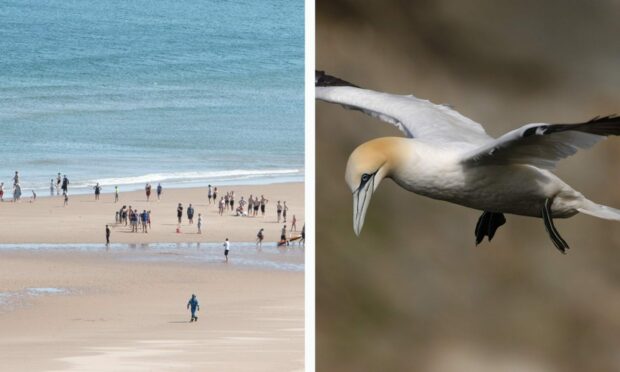
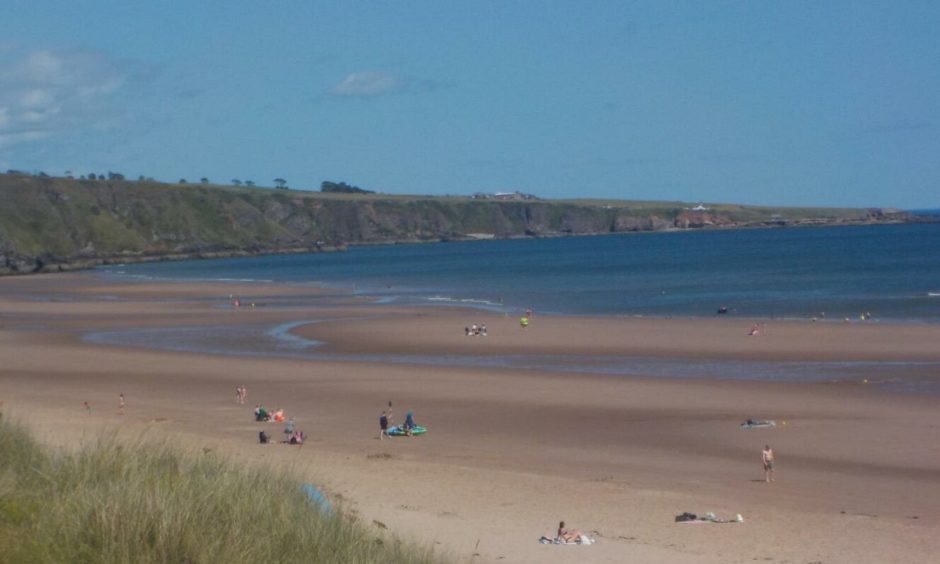
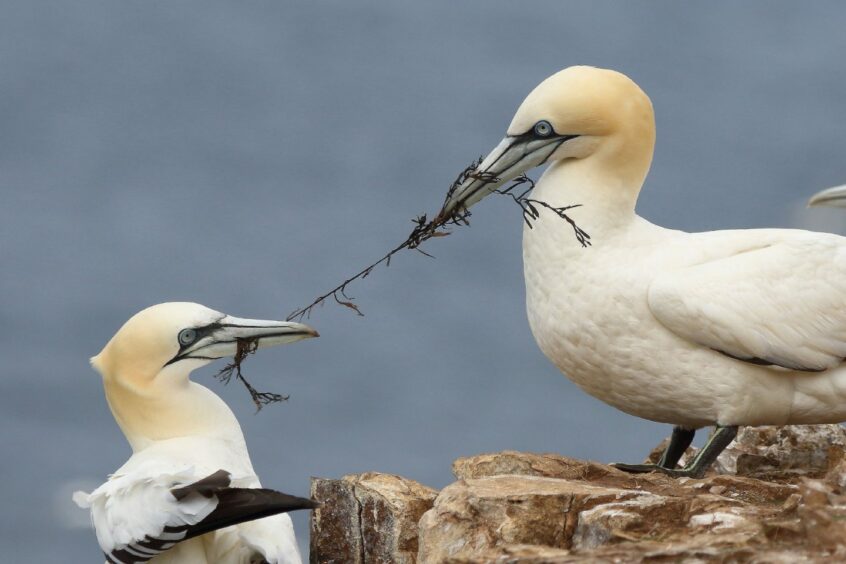
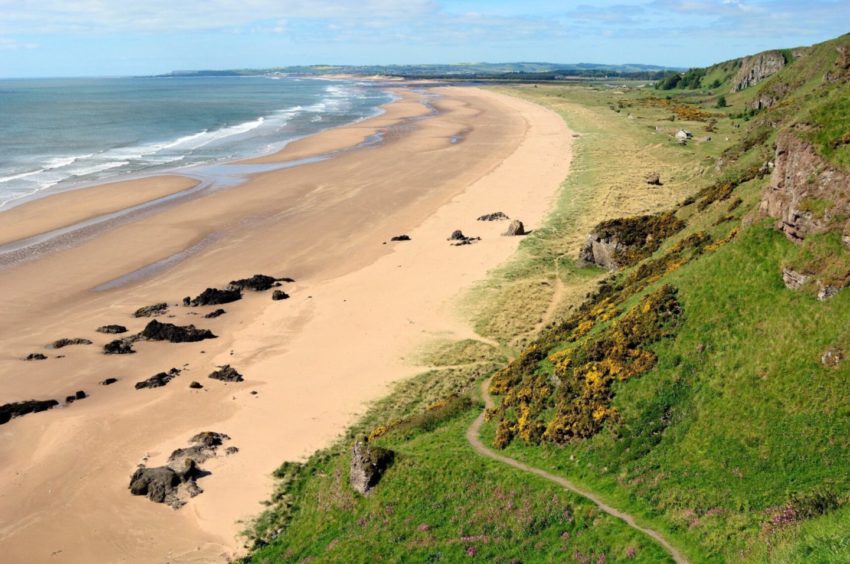

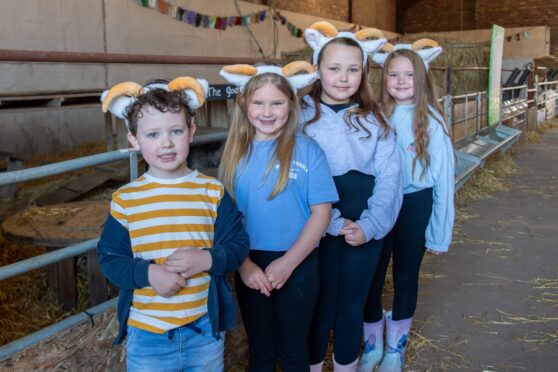

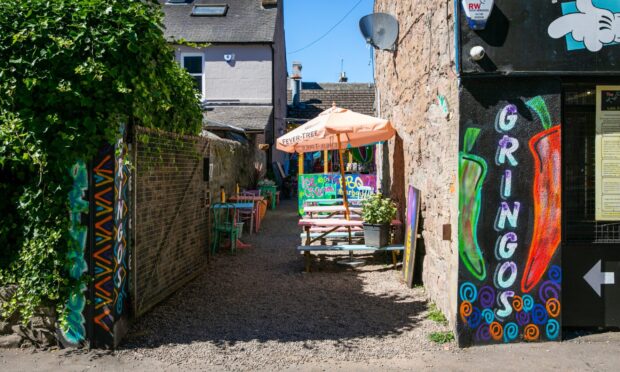


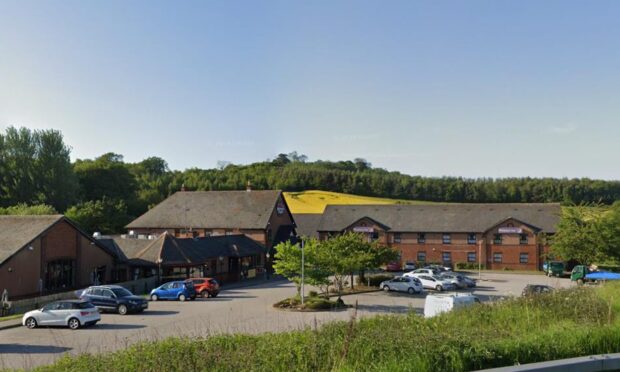
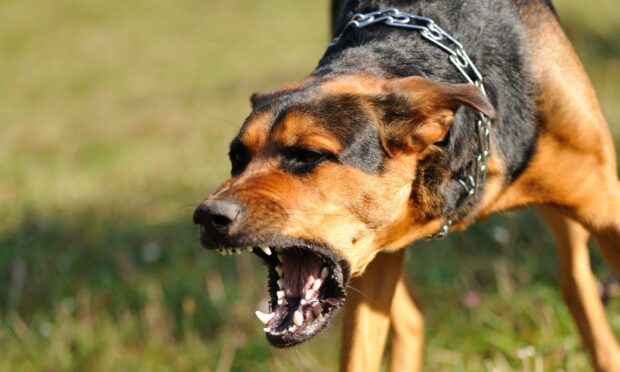


Conversation